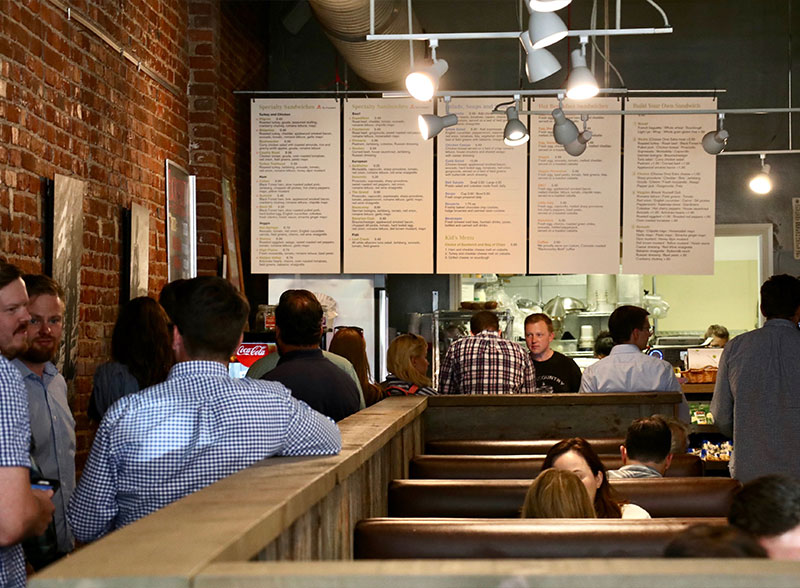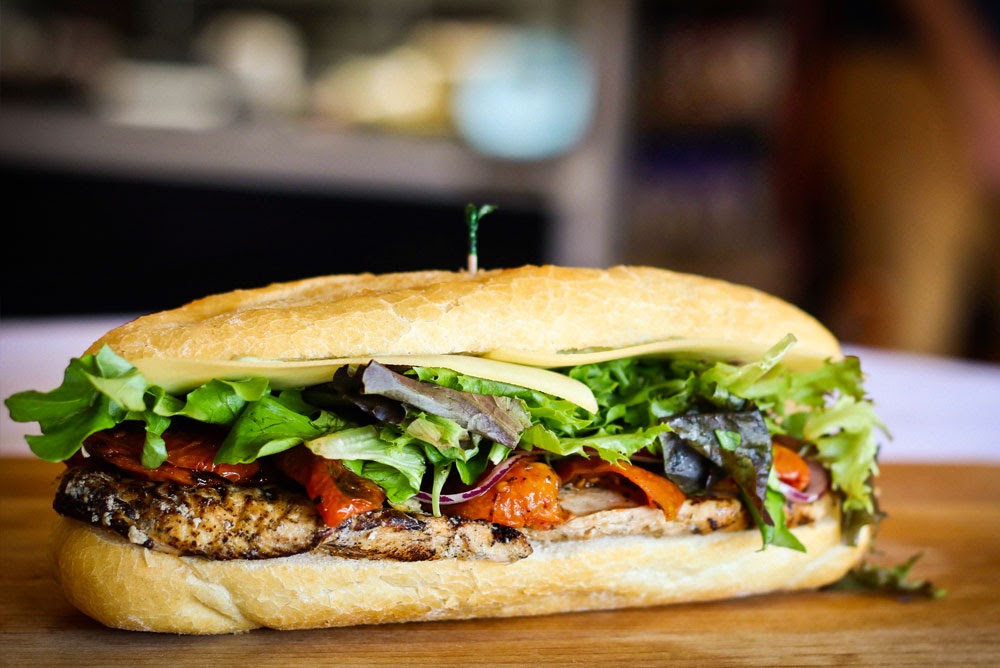The difference between a great restaurant franchise and one that is not, is usually left for the...


The difference between a great restaurant franchise and one that is not, is usually left for the...

We don’t have to tell you that it’s a big, big world out there. Apparently, we have a lot of...
The page you requested could not be found. Try refining your search, or use the navigation above to locate the post.
To start a franchise restaurant, you must research potential franchise opportunities, evaluate investment costs, review the Franchise Disclosure Document (FDD), secure financing, choose a location, undergo training, and open the restaurant. Each step requires careful consideration to ensure a successful venture.
To buy a franchise restaurant, research the market, assess your financial resources, evaluate franchisor support, analyze potential return on investment, and conduct due diligence. Speak to current and former franchisees to gain insights into the franchisor’s track record and the opportunity’s viability.
Owning a franchise restaurant involves selecting the right franchise, effective management, maintaining compliance with the franchisor’s guidelines, investing in marketing, and providing exceptional customer service. Continuous improvement and building a strong relationship with the franchisor can contribute to success.
A franchise restaurant is an establishment licensed by a franchisor to operate under their brand name, menu, and systems. The franchisee pays fees and royalties to the franchisor in exchange for ongoing support, training, and marketing assistance. This model offers a proven system and brand recognition.
To buy a restaurant franchise, identify potential opportunities, evaluate your financial capabilities, analyze the franchise’s support and training, assess market demand, and review the FDD. Conduct thorough due diligence to make an informed decision and ensure the investment aligns with your goals and resources.
Consider the franchise’s reputation, investment costs, support and training, market demand, and potential return on investment when selecting a restaurant franchise for sale. Assess your personal preferences, skills, and resources to determine if the opportunity aligns with your goals and abilities.
The ongoing costs of a restaurant franchise include royalties, advertising fees, rent, payroll, inventory, utilities, and maintenance. These expenses are essential for sustaining operations and maintaining compliance with the franchisor’s guidelines, which contribute to the franchise’s success.